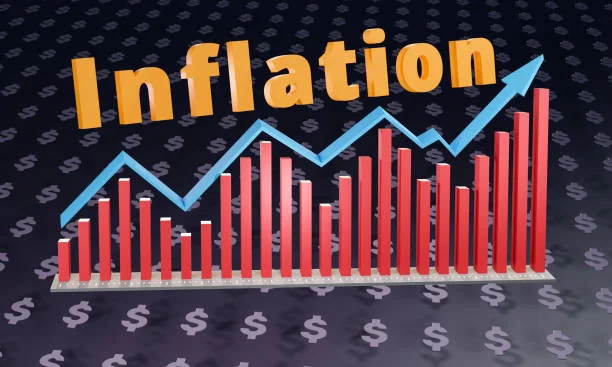Debt is a part of many of our lives, and that’s not necessarily a bad thing. However, juggling multiple debts with different payment amounts, due dates and interest rates can be challenging. If you miss a payment by mistake at Debt Consolidation, it can hurt your credit score and make it harder to take out a loan or line of credit later.
But just as importantly, carrying too much debt can harm our emotional well-being. 43% of Americans say money has a negative impact on their mental health, and many report debt being a source of financial stress. Paying down debt or getting a debt consolidation loan could help reduce financial stress and have a positive impact on your emotional health.
Psychological challenges to paying off debt
Paying off debt isn’t always easy. Before you can reap the emotional benefits of getting debt under control, you may have to clear some mental hurdles to paying it off.
Some people feel so overwhelmed or ashamed by an outstanding credit card balance or overdue loan payment that they struggle to deal with it head-on. Fear of being seen as a failure may prevent a person from seeking expert help or speaking to a loved one about their situation.
Some might feel so paralyzed that they just ignore the debt and hope it goes away. The panic they might feel when they look at their balances may keep them from thinking clearly and making smart financial decisions. In some cases, it could lead them toward riskier behavior like gambling or applying for additional loans or credit cards.
Digging into this topic? Here’s something else to explore.
Psychological benefits of getting control of your debt
It may be a long road to pay off debt but consolidating it may provide immediate emotional benefits.
Reduced anxiety
One key advantage of a debt consolidation loan is that it allows you to convert many debts into one. You can use the new loan to pay off some or all of your outstanding debt, leaving you with fewer bills to juggle each month.
When you’re dealing with a lot of debt, it’s generally a good idea to try to pay off high-interest debt first, and a debt consolidation loan could make it easier to consolidate both high- and low-interest debt.
Simplifying what you owe can reduce the anxiety of having to remember multiple payment dates and needing to plan out your finances to make sure you have enough in your account when each bill comes due.
Greater focus
Debt can take up a lot of real estate in our minds. When you’re constantly thinking about debt, it can be hard to enjoy hobbies, be present for loved ones or sometimes even handle everyday tasks like buying groceries and walking the dog. Consolidating debt could free up some of your emotional energy so you can focus on other important things in your life.
Improved relationships
Bankrate has found that 40% of Americans in a relationship have kept a money secret from their partner. Many of those secrets are about debt. Secrets strain relationships and, if one partner finds out the other has been hiding a debt, it can become a serious problem. Having an open discussion about consolidating debt can make it easier to develop a plan and move forward.
Greater clarity for financial goals
It can be difficult to strategically think about your savings goals when you’re trying to figure out how to pay off multiple debts. Consolidating debt may provide just the financial reset you need. Plus, you could potentially get a lower interest rate which means you could pay less interest on the debt overall.
When you sit down to work your new payment into your budget, you can also take the opportunity to revisit your savings plan. With a clear path for paying off debt, other savings goals, like saving up for a car or your child’s college education, may feel more within reach.
Find financial peace of mind
Having debt — no matter the amount — or having trouble getting out of debt can be emotionally and psychologically draining. Debt consolidation can be a good first step toward paying off debt and gaining some relief.
When you don’t have to worry about multiple payment due dates, amounts and interest rates, it can help you gain some much-needed focus to start paying off what you owe. If you’re unable to consolidate debt, consider working with a credit counselor for some professional, personalized guidance to help you tackle it head on.
Notice: Information provided in this article is for information purposes only and does not necessarily reflect the views of 2amagazine.com or its employees. Please be sure to consult your financial advisor about your financial circumstances and options. This site may receive compensation from advertisers for links to third-party websites.
Love learning? You’ll adore what we’ve shared on 2A Magazine.







